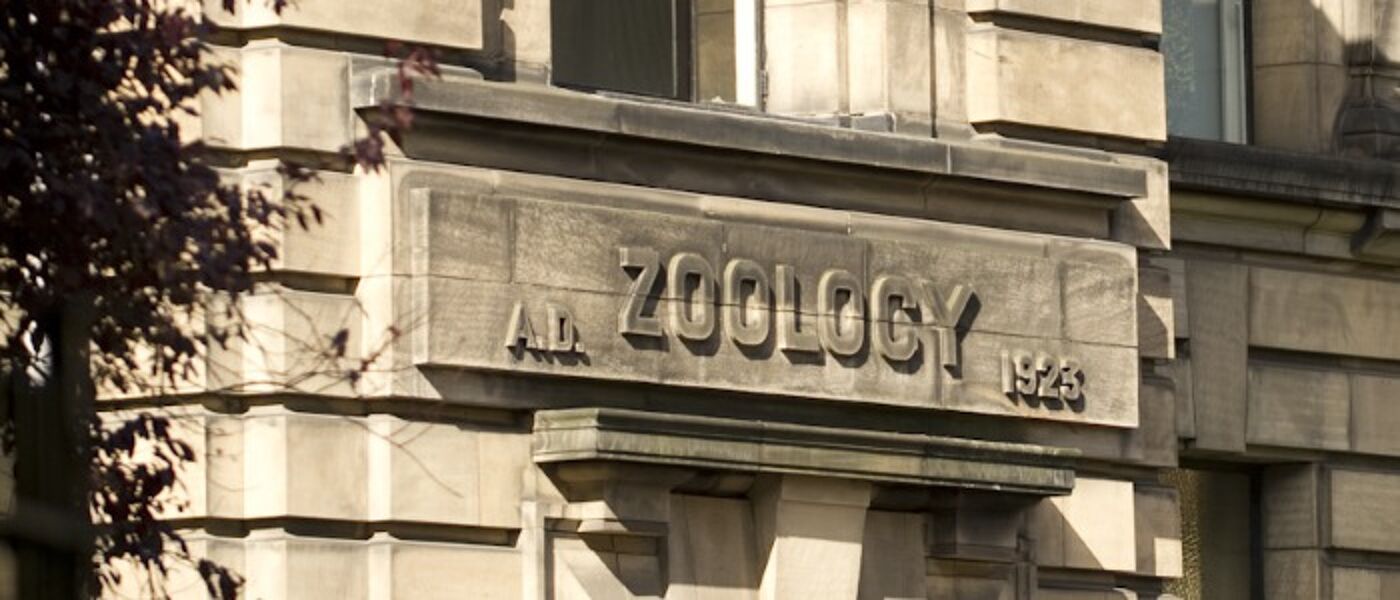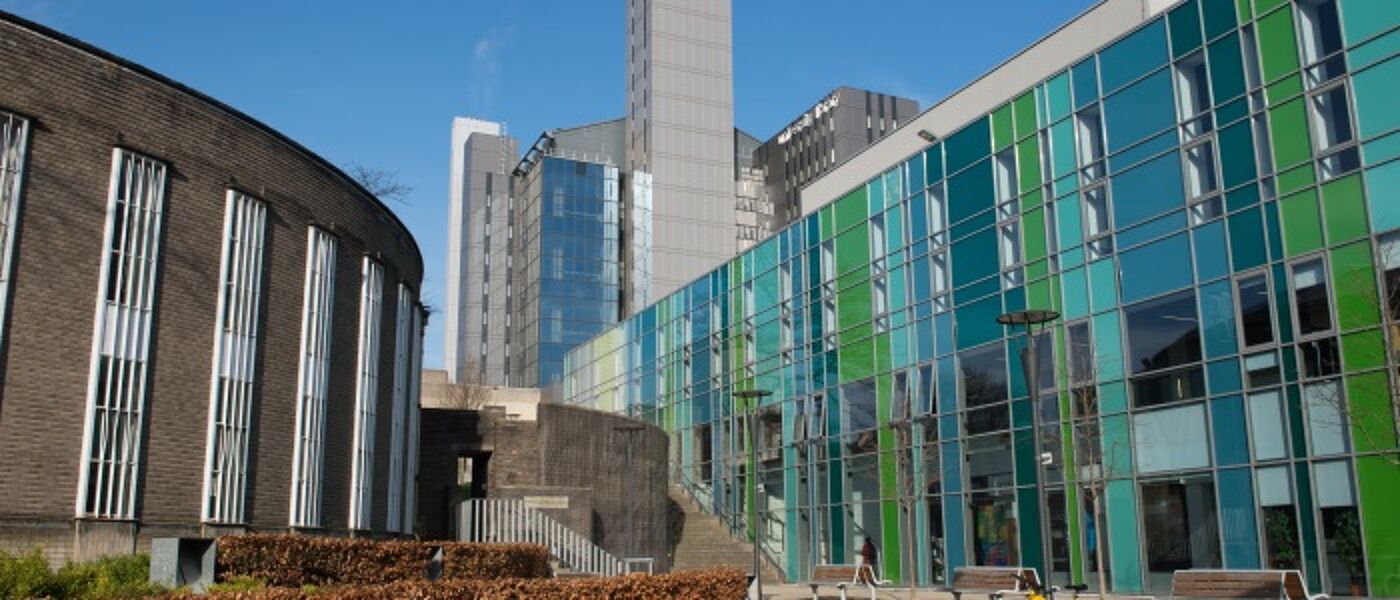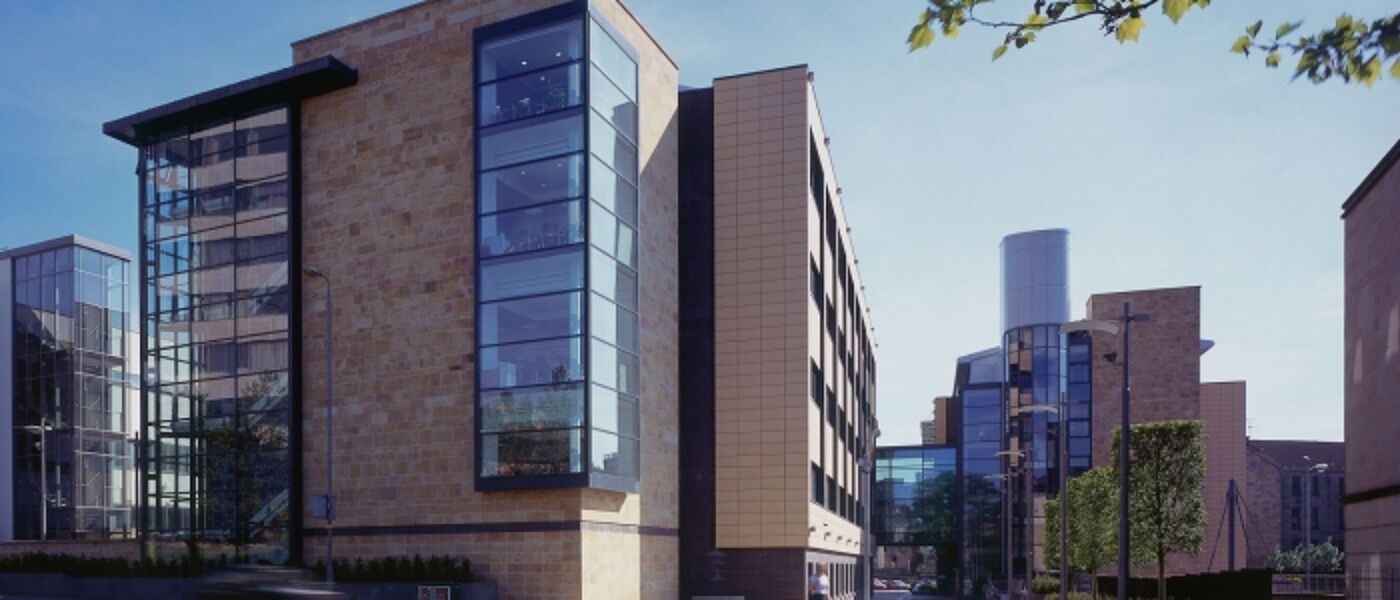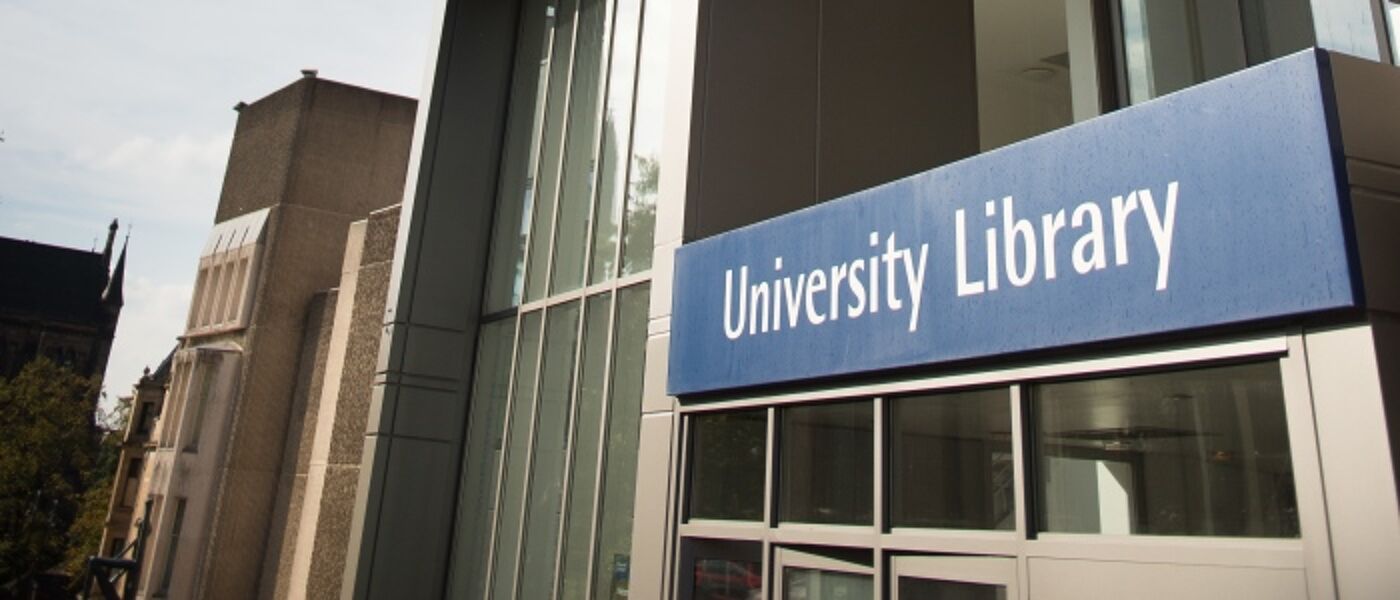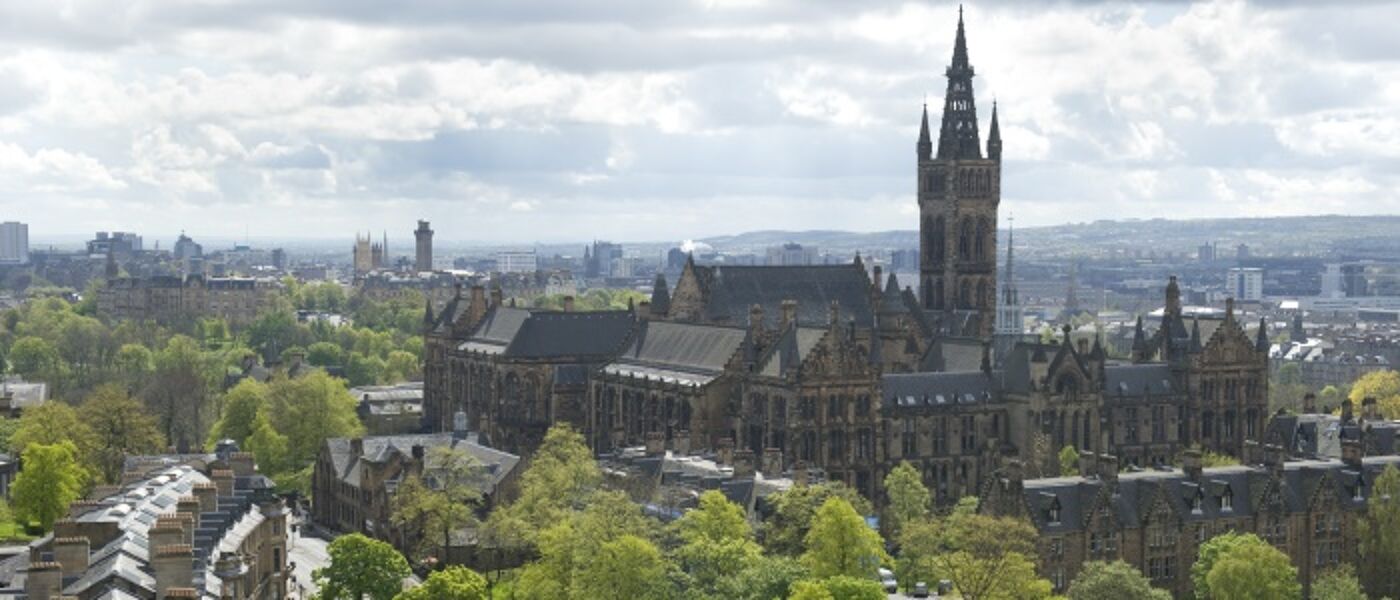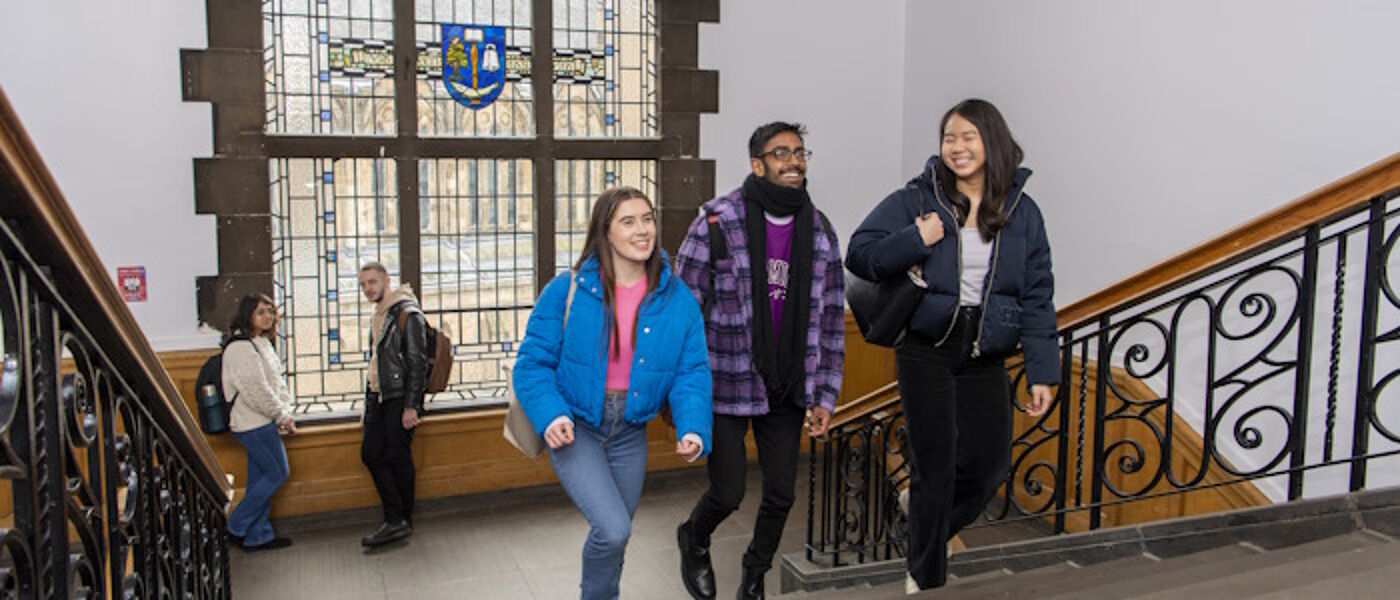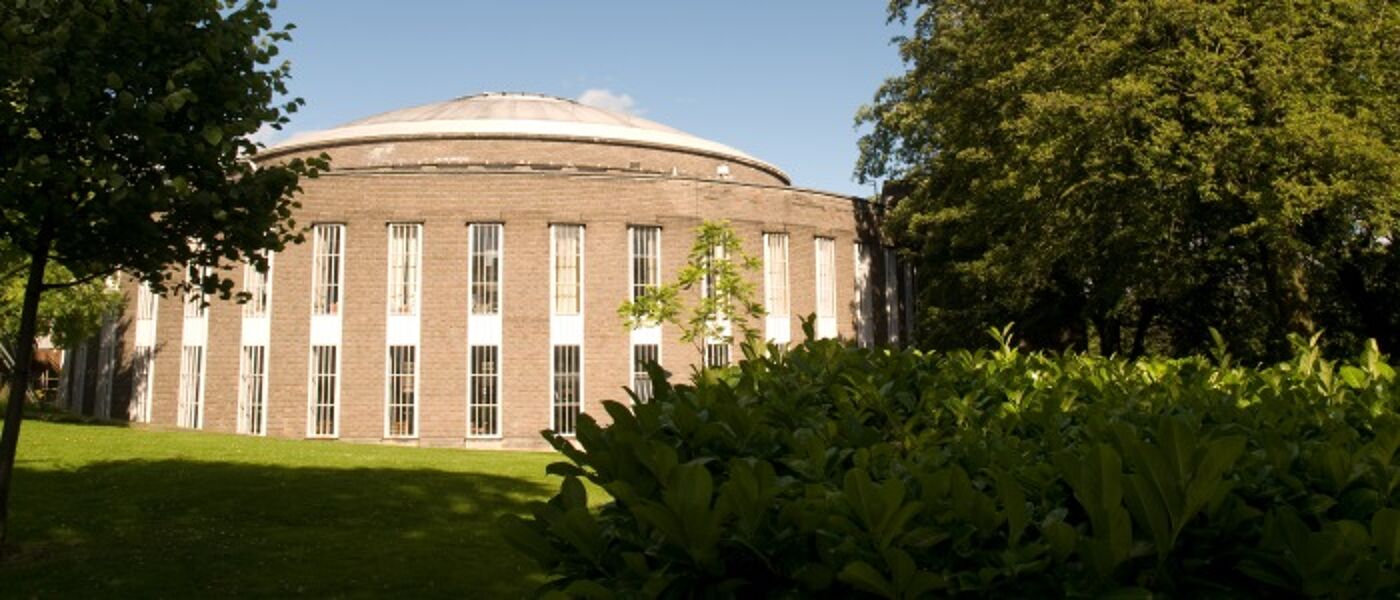Disability in the of the School of Molecular Biosciences
Approximately 20% of the UK’s working population is disabled; and the School of Molecular Biosciences is committed to creating an accessible, flexible, and responsive research environment, with support for disabled researchers at its core. Regardless of disabilities, health conditions, specific learning difficulties, or mental health conditions, the school is ensuring a safe and welcoming research culture. You can find the UK Government’s definition of ‘disabled’ from the 2010 Equality Act here. The complex nature of disability means dynamic adjustments to research environments are paramount, and working with our disabled researchers to achieve this is key. No two disabilities or health conditions are the same, and the same condition may affect people differently.This consideration is at the heart of our disability initiatives and accommodations.
At the school, we are using the social model of disability to guide accommodation suggestions, in alignment with the Equality Act (2010), the Quality Assurance Agency (QAA), and the General Medical Council (GMC). Scope, the UK’s largest disability charity defines the social model as:
“People are disabled by barriers in society, not by their impairment or difference. Barriers can be physical, like buildings not having accessible toilets. Or they can be caused by people's attitudes to difference, like assuming disabled people can't do certain things. The social model helps us recognise barriers that make life harder for disabled people. Removing these barriers creates equality and offers disabled people more independence, choice and control.”
Although we use the social model of disability to support our policy-making, we understand that some people prefer to use the medical model of disability to describe themselves instead.



